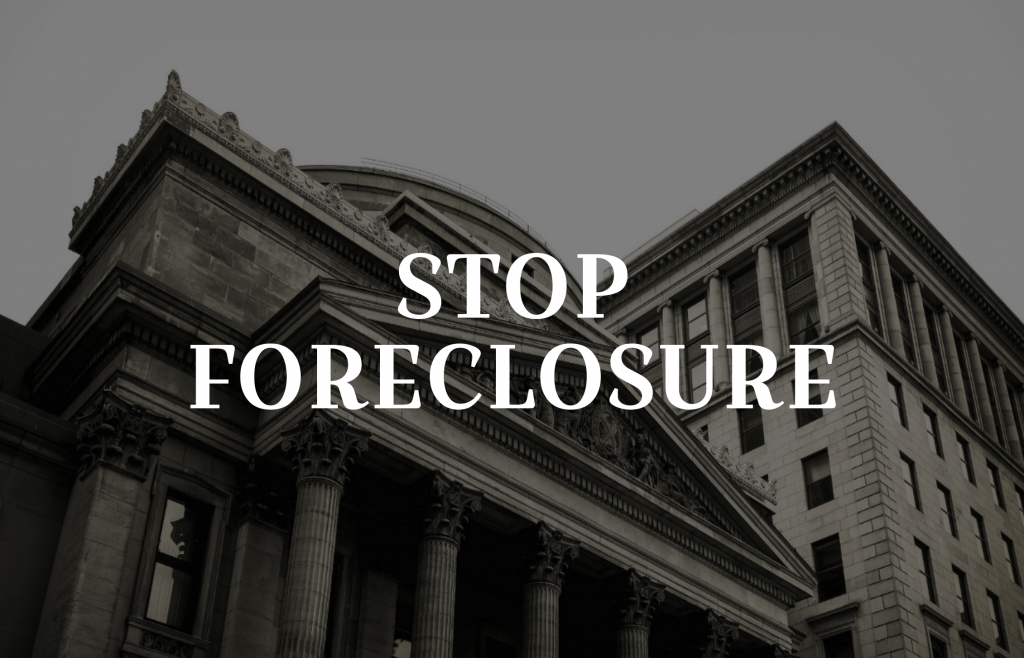In California and some other US states, initial home mortgages (the ones taken out at the time of purchase) are normally non-recourse loans; nevertheless, re-financed loans and house equity credit lines are not. If the loan provider chooses not to pursue shortage judgmentor can not since the home loan is non-recourseand accepts the loss, the borrower may need to pay earnings taxes on the unrepaid amount if it can be thought about "forgiven debt." However, recent modifications in tax laws might alter the way these quantities are reported. [] Any liens arising from other loans against the home being foreclosed (second home mortgages, HELOCs) are "eliminated" by foreclosure. [] In the wake of the United States real estate bubble and the subsequent subprime home loan crisis there has actually been increased interest in renegotiation or modification of the home loan instead of foreclosure, and some analysts have hypothesized that the crisis was exacerbated by the "objection of lenders to renegotiate mortgages".
Treasury sponsored Hope Now initiative and the 2009 "Making House Cost effective" strategy have used incentives to renegotiate home mortgages. Renegotiations can include reducing the principal due or momentarily reducing the interest rate. A 2009 research study by Federal Reserve economists discovered that even utilizing a broad meaning of renegotiation, only 3% of "seriously overdue borrowers" received an adjustment.

There is some support behind this theory, however an analysis of the data found that renegotiation rates were similar among unsecuritized and securitized home loans. The authors of the analysis argue that banks don't usually renegotiate due to the fact that they expect to make more money with a foreclosure, as renegotiation imposes "self-cure" and "redefault" dangers - we're fighting foreclosure how can we get agents to stop harrassing us.

A dual-tracking process seemed in use by numerous loan providers, however, where the loan provider would all at once talk with the borrower about a "loan adjustment", but also move ahead with a foreclosure sale of the customer's property. how do i stop my foreclosure. Customers were heard to complain that they were deceived by these practices and would frequently be "shocked" that their house had actually been cost foreclosure auction, as they believed they remained in a "loan modification procedure".
A 2011 research study paper by the Federal Reserve Board, "The Post-Foreclosure Experience of U.S. Households," used credit reports from more than 37 million people in between 1999 and 2010 to measure post-foreclosure habits, especially in regard to future borrowing and real estate usage. how to stop a foreclosure auction in ny. The study found that: 1) Typically 23% of individuals experiencing foreclosure had actually moved within a year of the foreclosure process starting.
The 10-Second Trick For A Homeowner's Guide To Foreclosure In California - see here Dre
However, just 17% of the post-foreclosure individuals had the exact same number and composition of home members after a foreclosure than previously. By comparison, the control group kept the same home companions in 46% of cases; and, 5) Only about 20% of post-foreclosure individuals picked to reside in families where someone kept a mortgage.
Other excessively represented groups consist of African Americans, renter households, families with kids, and foreign-born house owners. For instance, stats show that African American buyers are 3.3 times more most likely than white purchasers to be in foreclosure, while Latino and Asian purchasers are 2.5 and 1.6 times most likely, respectively. As another statistical example, over 60 percent of the foreclosures that occurred in New York City in 2007 involved rental homes.
One reason for this is that the majority of these people have borrowed with dangerous subprime loans. There is a major absence of research study carried out in this location posing issues for 3 factors. One, not having the ability to describe who experiences foreclosure makes it challenging to develop policies and programs that can prevent/reduce this trend for the future - how to file an injunction in florida to stop foreclosure sale.